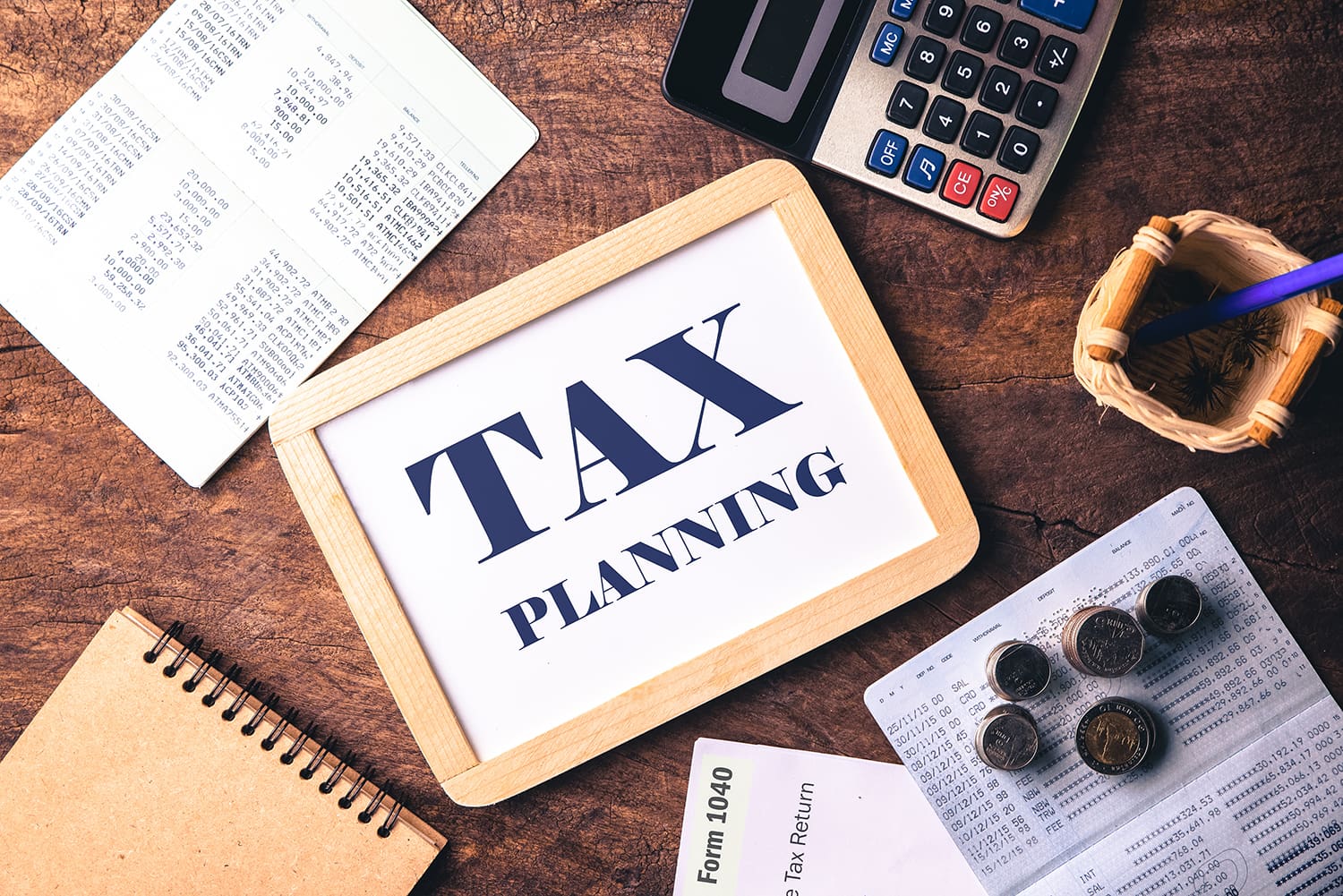Step 1. Get Organized & Review Your Records
The best defense against a stressful tax season is a strong offense. Use this post-tax lull to establish a better system for your financial records.
- Organize and Store Your Tax Documents: Don’t just stuff this year’s tax papers in a drawer: create a dedicated folder, either physical or digital, for the new tax year. As receipts or invoices come in, file them right away.
- Go Digital: If you haven’t already, start digitizing your records. Scan receipts and documents into PDFs and store them in a secure, cloud-based folder. This protects you from losing critical paperwork and makes it easier to share with your accountant.
- Review Your Return: Take a moment to look over your recently filed return. Did you miss any deductions? Were there any credits you didn’t realize you qualified for? Reviewing your return now can help you catch opportunities for next year and better understand your tax picture. Separate Business & Personal Finances: If you’re a small business owner or freelancer and your personal and business finances are mixed, this is the time to separate them. Open a dedicated business bank account to simplify bookkeeping, tax prep, and future planning.
Step 2: Start Your Proactive Tax Planning
Tax planning isn’t just something you scramble to do in December. Thinking ahead, you can make strategic decisions throughout the year that will meaningfully reduce your tax bill.
- Adjust Your Withholding: If you owed a lot this year, consider increasing your W-4 withholding. If you get a big refund, you may be over-withholding. Adjusting your withholding can let you keep more of your paycheck year-round.
- Plan for Estimated Tax Payments: If you are a freelancer, a small business owner, or have significant income from investments, make a plan for your quarterly estimated tax payments. Setting aside money each month can help you avoid an unpleasant surprise (and possible penalties) next April.
- Maximize Retirement Contributions: Maxing out your contributions to a 401(k) or IRA is one of the most effective ways to lower your taxable income. Start increasing your contributions now, so you don’t have to scramble at year-end.
Step 3: Evaluate and Evolve Your Business
The weeks after tax season are the perfect time for a financial health checkup.
- Review Your Financials: Look over last year’s financial statements. Are you consistently profitable? Where are most of your expenses going? Use this insight to build a budget and forecast for the year ahead.
- Leverage Technology: Could better tools save you time or headaches? Explore accounting software or expense-tracking apps that fit your business. Automating repetitive tasks can free up time for the work that actually grows your company. Many PSA CPA clients find that small upgrades make a big difference come tax time. Consult with a Professional: Don’t wait until next April to talk to your accountant. A proactive tax professional can help you evaluate your current year’s performance and create a personalized tax strategy for the year ahead, ensuring you’re ready to take advantage of every deduction and credit available to you.
Your Next Step
Tax season is over, but your financial health deserves attention all year long.
At PSA CPA, we’ll help you turn that post-tax season relief into a long-term plan for success. Our team can help you implement smart strategies and give you peace knowing your finances are in expert hands. Schedule your free consultation with us today
Call us: (301) 879 – 0600
Email: contact@psacpa.com


0 Comments